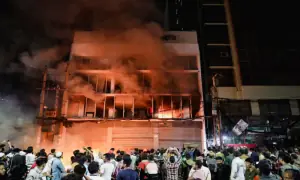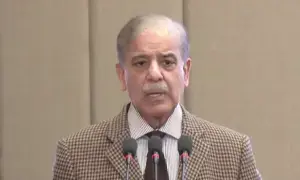Business groups push Trump to keep skilled-worker visas amid pandemic
WASHINGTON (Reuters) - A range of business groups have made an 11th-hour appeal to U.S. President Donald Trump as he weighs whether to restrict temporary work visas, warning of negative economic consequences if he blocks the flow of skilled foreign workers into the United States.
More than 300 U.S. companies, business associations and higher education groups that employ skilled workers sent a letter to Trump on Thursday that said reducing access to those workers - even for a short period - would result in “unintended consequences” and cause “substantial economic uncertainty.”
Google , Facebook and Microsoft were among the companies pushing for Trump to leave H-1B visas, student visas and other skilled visas untouched. The U.S. Chamber of Commerce - the nation’s largest business association - also joined the effort.
“The undersigned represent employers that rely on a highly skilled, college-educated, science and engineering workforce, including non-immigrant professionals, to innovate, produce, research, develop, and lead,” the companies wrote, calling their hiring needs “in the national interest.”
The White House did not immediately respond to a request for comment.
Trump issued an executive order last month that blocked certain immigrants abroad from obtaining permanent residence, a move he said would protect American workers during the economic crisis. The order also called for several U.S. agencies to review temporary visas programs and submit recommendations within 30 days. The deadline for that was Friday, although Trump does not need to act immediately.
Some immigration hard-liners have called for Trump to pause the visas altogether.
A Teamsters union official on Friday criticized a recent Trump administration move to ease requirements for U.S. food supply chain businesses employing seasonal workers through the H-2B visa program, saying the workers are “especially vulnerable to retaliation if they seek a safer workplace.”













Comments are closed on this story.